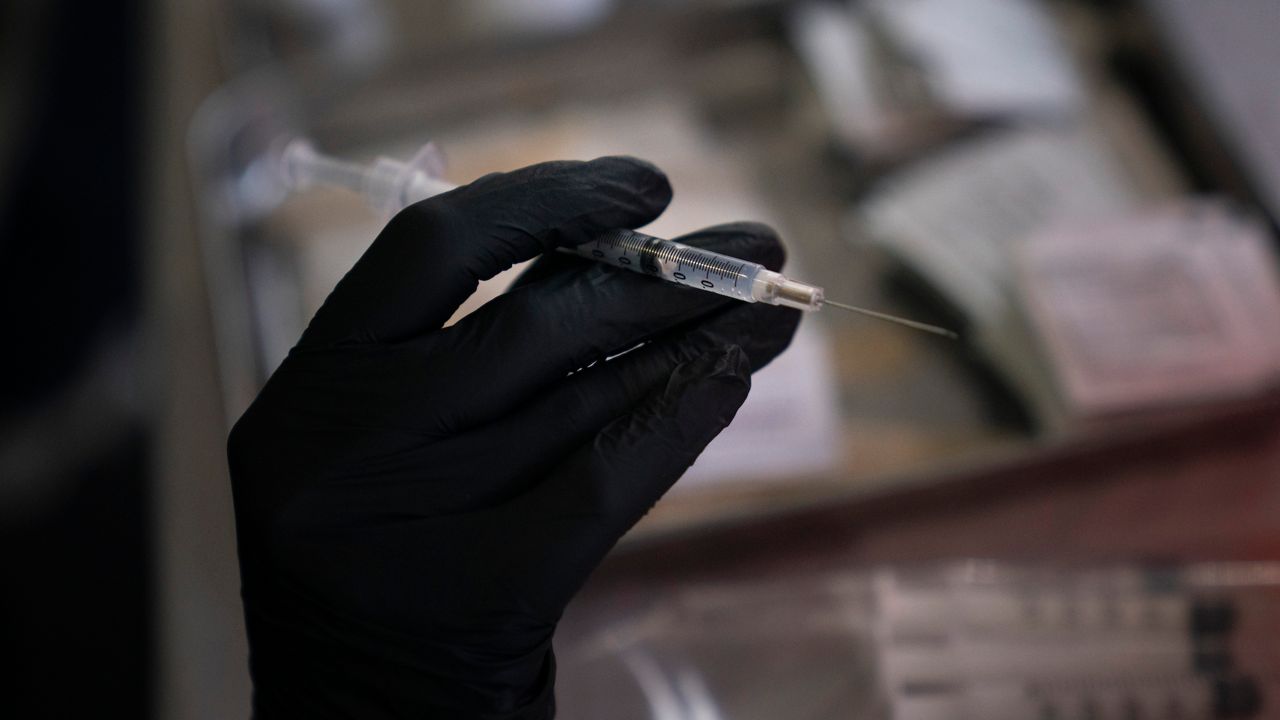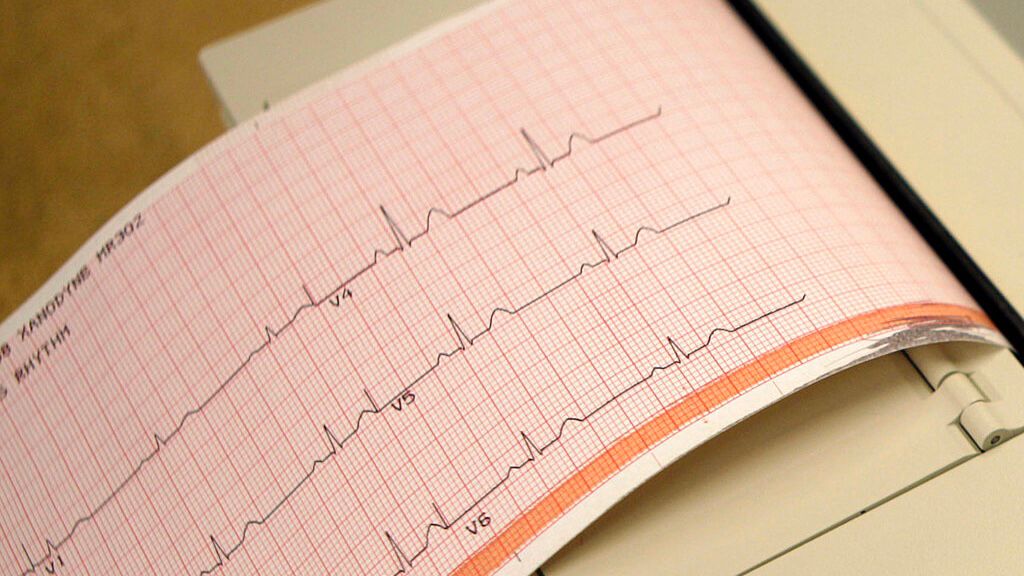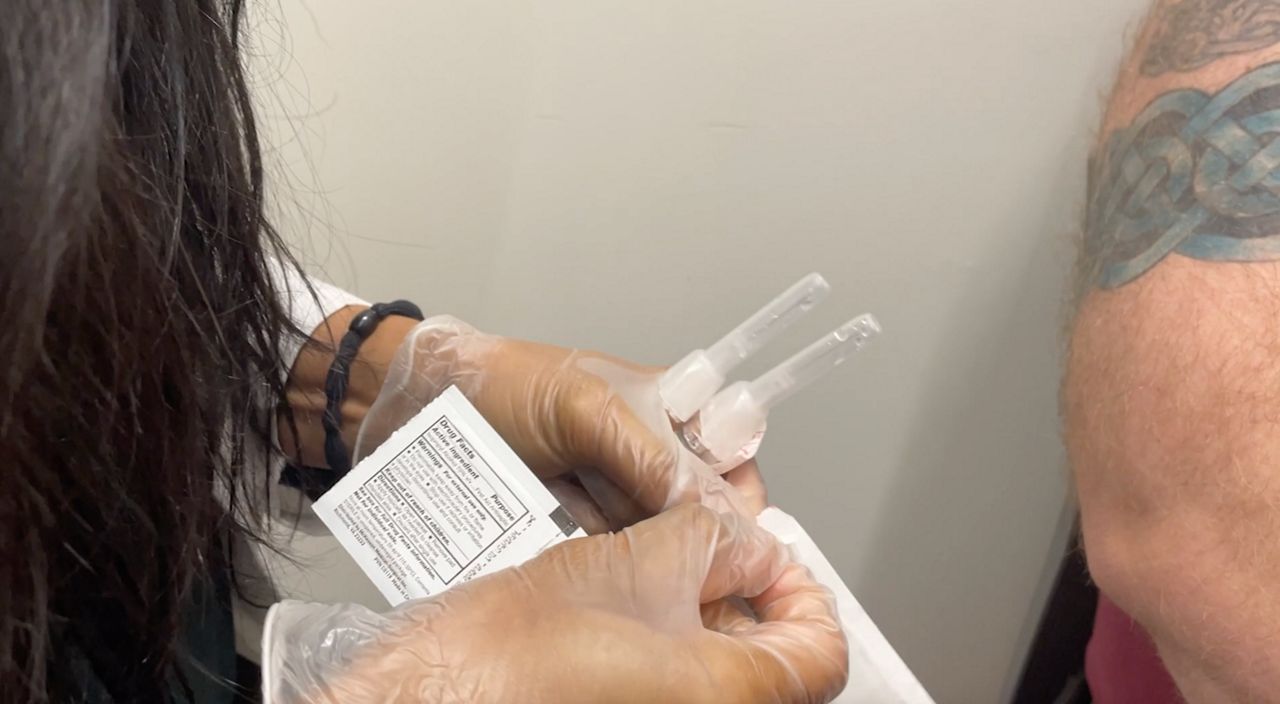NORTH CAROLINA – As we navigate through the coronavirus pandemic, we're often told science is the key to finding our way out.
But last week, the country's top infectious disease expert, Dr. Anthony Fauci said the public as a whole isn't buying in.
Wake Forest University professor Dr. Adrian Bardon is the author of The Truth About Denial: Bias and Self-Deception in Science, Politics, and Religion.
"When we see denial, it's a combination of threats to your identity or the group you identify with," the philosophy professor says.
The groups often split along partisan lines.
"(It's) very difficult to take politics out. When we get new information we filter it through what we already believe," says Dr. Dietram Scheufele, a science communication professor at the University of Wisconsin-Madison.
Scheufele says simply giving people more information can make things worse. He believes the key to getting through is tailoring the message to the audience.
"If I'm a scientist and I speak to a person who's unemployed and tell them all the scientific facts when what they're really concerned about is their economic well-being, I'm giving the right answer to the wrong question," Scheufele says.
Instead, science communicators should look to connect the science to how it impacts people's daily lives.









